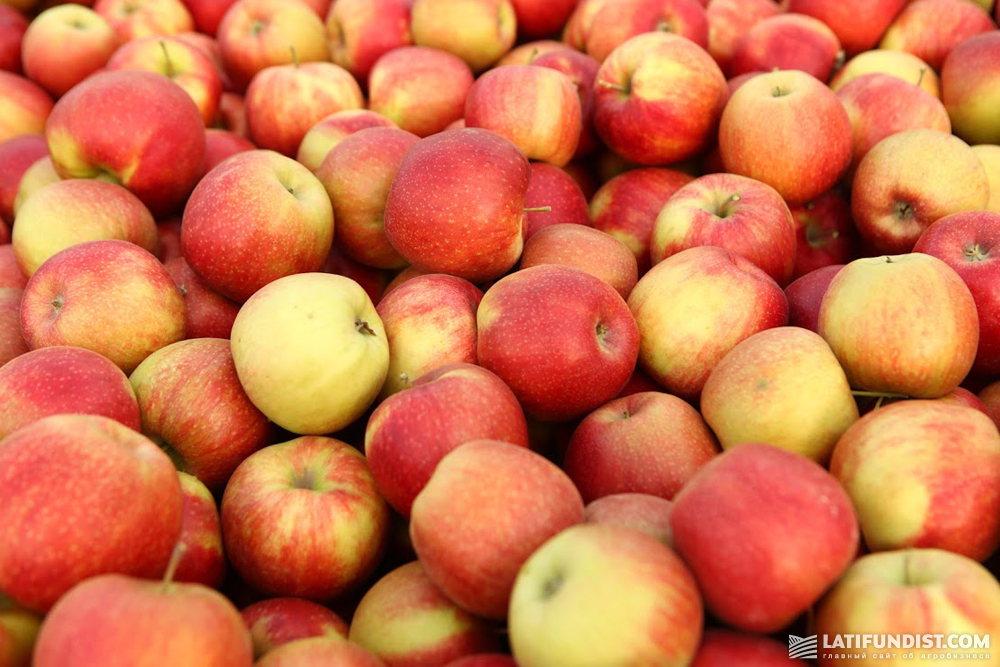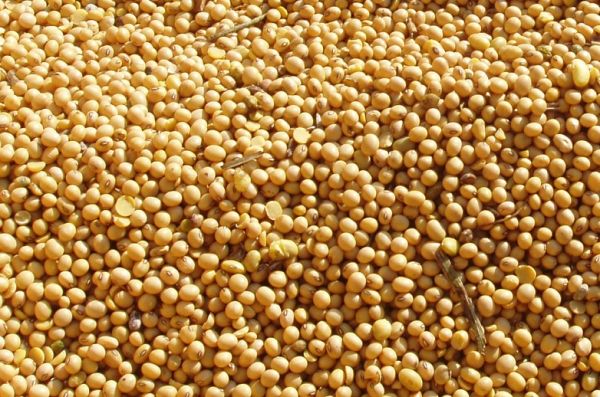Agricultural Protectionism: Open Border Saves the “National Interests”
The sultry crowded beaches of Buenos Aires took a back seat to a July event of 2018. The midsummer was marked by the meeting of the G20 ministers of agriculture, who discussed the increase in agricultural protectionism.
As is customary in diplomatic quarters, the ministers were “simultaneously disquieted” by the increasing trends in the protection of the “domestic producer”. The meeting resulted in a statement in which the politicians spoke in favour of a transparent and open trading system.
The illustration of the policy of double standards in this area was the counter-signature of the US Secretary of Agriculture Sonny Perdue. It is notable that the United States, in the framework of Donald Trump's “America First” policy, introduced the protective import duties against China and other countries, and thus, provoked a trade war with China, which affected, to a certain extent, the agricultural sector of the entire world.
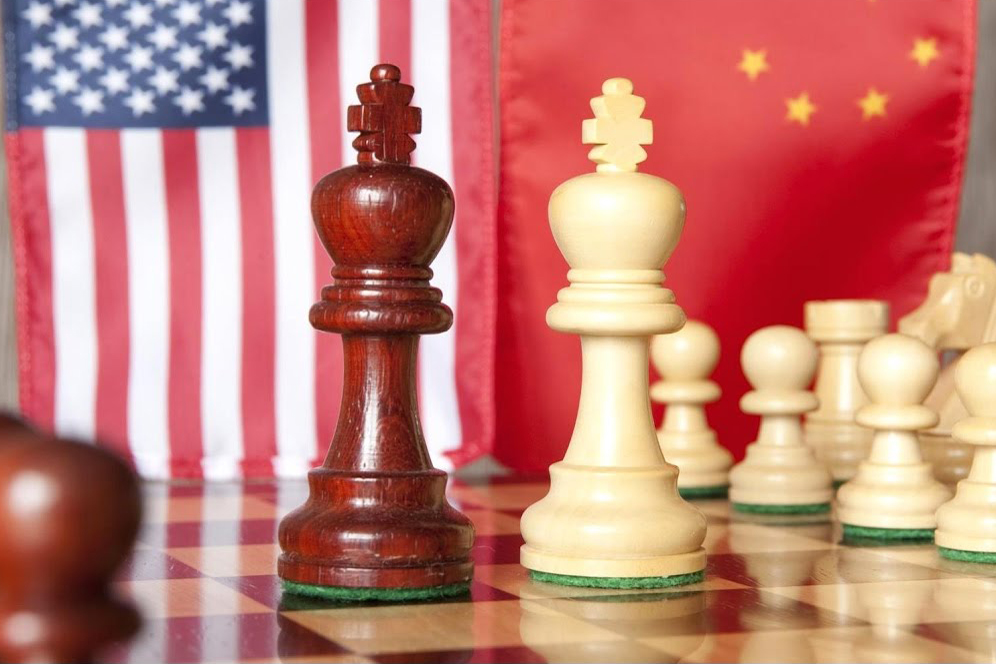
It is reasonable to recall that in March 2018 the United States released a list of about 1,300 Chinese goods the import duties of which had to be increased by 25%. In response, China introduced a 15% import duty on 128 goods, including meat, fruit, and other agricultural products imported from the United States.
For the time being, the challenging situation in the relationship between the United States and the Celestial Empire remains unresolved. The import of soybeans into China has stopped because of the trade war between the two countries. Currently, the Chinese have already replaced almost all imports of soybeans from the United States with an equal product from Brazil.
The imposition of a 20% import duty by the EU, Canada and Mexico avows the similar scenario of the trade war between the United States and these three above-mentioned countries. At the same time, the decision-making in the EU is slower, because the European Union Member States are interested in different imported food items.
The Mexican import duties are related to pork, cheese, apples, bourbon and potatoes. Canada, that is another US neighbour, introduced the import duties on 299 goods, including agricultural products.
“We have no lasting friends, no lasting enemies, only lasting interests”, — this winged words by Winston Churchill perfectly illustrates the period of time after the event in Buenos Aires. The trade war is gaining momentum, and a national interest continues to lay down the law of the foreign policy agenda, including the agro-industrial complex. Where is the borderline between the protection of domestic production and the free trade, and what is the place of Ukraine in this global order?
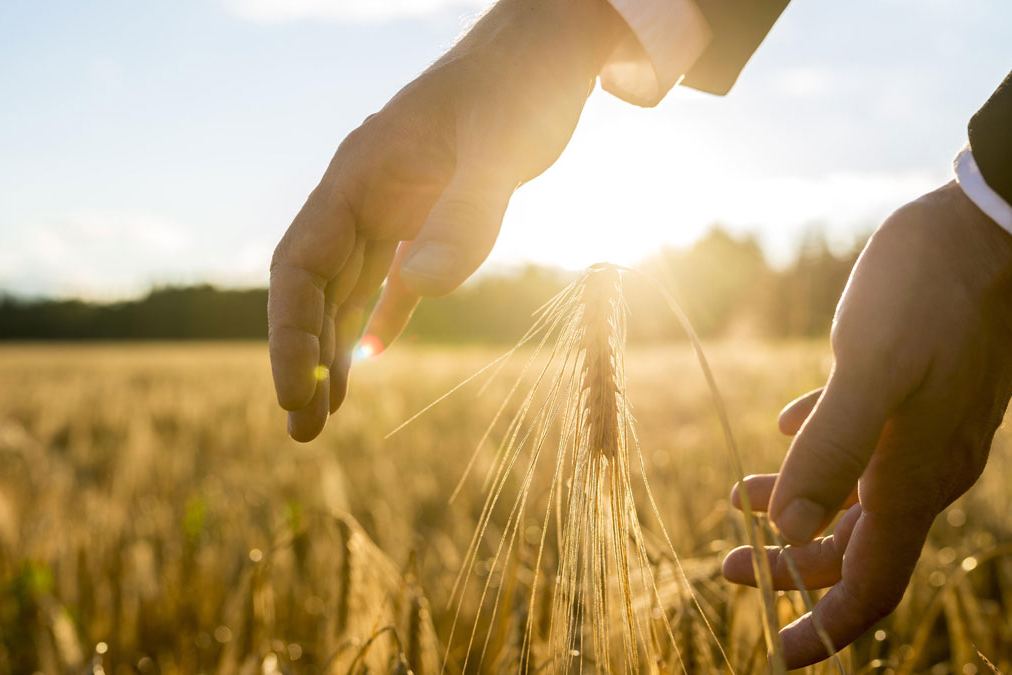
The Polish turn
If you keep an eye on Polish media you will see that over the last year Ukraine was mainly mentioned in contexts of its agricultural sector. The main mention relates to the indignation of Polish farmers with cheap Ukrainian products, in particular fruits and vegetables, which drive out the Polish ones. This summer Serbian and Polish farmers even blocked some highways demanding to limit the import of cheap Ukrainian raspberries.
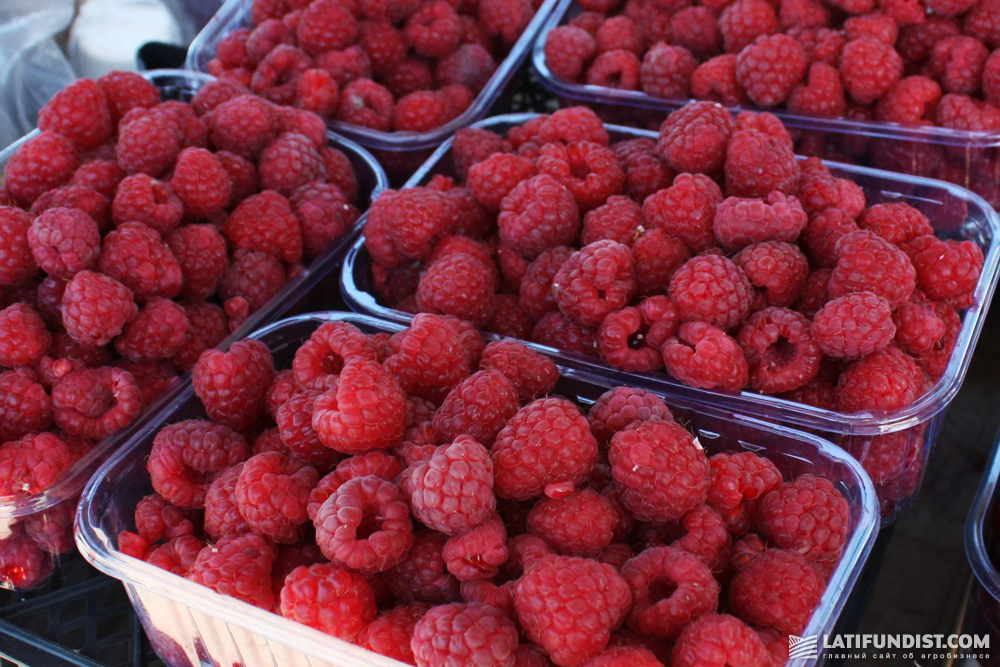
Michał Kołodziejczak, the co-founder and chairman of the Association of Potato and Vegetable Growers of Poland, commented on that scenario in a very eloquent way:
“The Ministry of Foreign Affairs of Poland provides funding to Ukrainians for the production of raspberries, and now wants to subsidize their cheese manufacture. Unfortunately, no one can help us. Thus, our stores are full of Ukrainian goods. And there is no place for domestic goods, we have no market place to sell them,” the agrarian complained.

According to his version, until quite recently, the Ukrainian market was a market place for Polish farmers. Nowadays, Ukrainians enter the competition with their producers. In particular, it is a result of the Russian food import embargo.
And he also added: “I do not understand our diplomatic activity. Poland defends the interests of Ukraine, which even does not respect us, and after many years of the trading relations with Russia we suddenly cut ties.”
According to the breaking news, the Polish government has got to know the wants and needs of domestic farmers. In October 2018 the Association of Fruit-farming of Ukraine (UKRSADPROM) issued a statement that, over the two previous weeks, the Polish phytosanitary had carried out additional inspections of the cargo trucks transporting raspberries, including frozen fruit, from Ukraine. This is despite the availability of the forwarding documents. In addition, the relevant samples are taken for the laboratory service, the duration of which takes from 3 to 10 days. All this time, the cargoes are blocked at the border.
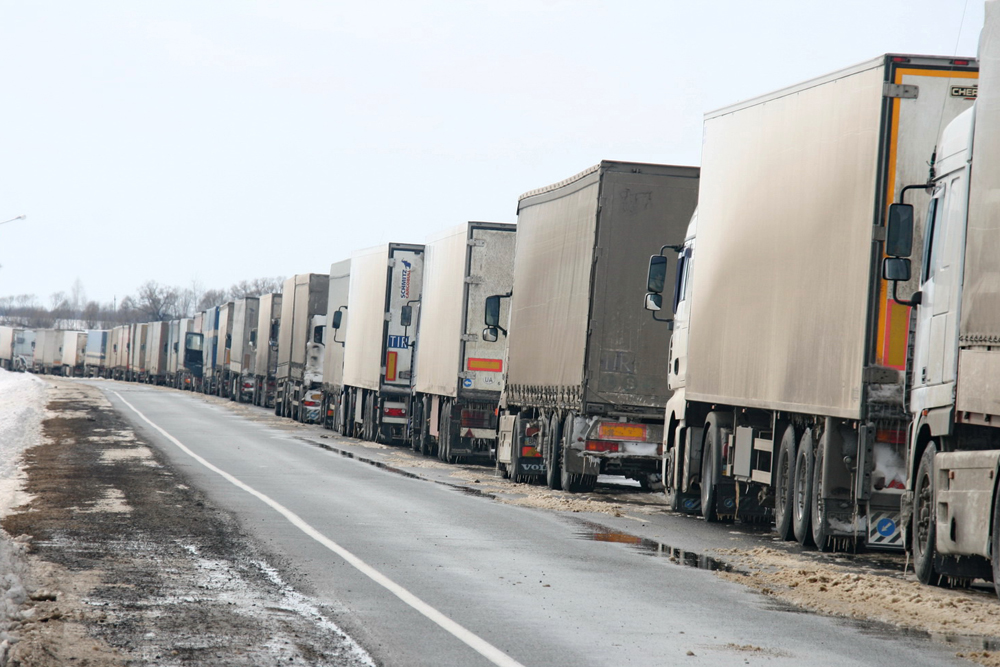
Andrian Artsyshevsky, the Administrative Director of T.B. Fruit, which operates a fruit processing plant in Poland, also makes a point that there appear some difficulties in working on the Polish market.
“It takes a lot to target the Polish market. There are no venal practices, but no one abolishes the bureaucracy. After integrating into the European Union, the huge resources were appropriated to the infrastructure subsidies, including agriculture. Therefore, the Poles are a little accustomed to the “freedom of life”. But for the last four years Poland has been living without EU subsidies and has the continual budget deficit. Thus, the government cannot pay extra to farmers. This year, after large-scale protests by agricultural producers, we were faced with the need to raise the price of the primary produce,” he said.

Read to the point: T.B. Fruit ingredients of juicy business
The Association of Juice Producers of Poland confirms the fears of Artsyshevsky. It recently issued a statement that “the cheap products from the East can replace Polish apples and juices. More than 50 thousand workplaces are under the threat."
“In the years to come, the Polish fruit and vegetable sector will face a lot of changes, and the growing eastern markets (mainly of Ukraine and Moldova) can put out of business the half of the Poles, whose work is related to fruit processing,” the association stated.
Dear neighbours
It stands to mention that such “good neighbourly” trade relations are not unique. A case in point is the ongoing trade disputes between Russia and Belarus: both countries are the members of the Customs Union, which just has to abolish trade barriers. The reality is such that almost every month the odious Federal Veterinary and Phytosanitary Monitoring Service introduces the restrictions on Belarusian products. The peak of the confrontation was the ban on the import of Belarusian milk, which, according to the Russian government, did not conform to the standards because of “numerous violations”.
By the way, the Poles, who are actively opposing the Ukrainian trade expansion, have been taught by the bitter experience of the crowding-out effect on foreign markets. Among the “victims” one can find a symbol of our neighbour country, and, at the same time, an important export-worthy product — an apple. Traditionally, except the Russian Federation, our neighbours actively exported apples to Slovakia and the Czech Republic, where the Polish fruit was 20-30% cheaper than the local one. If we read the Czech and Slovak media, we will discover that, almost as often as the Polish demonize Ukrainian products, the Czech Republic denounce the products of their neighbours along the western border.
In these cases, the “the efforts to combat” are quite similar in both countries. With enviable regularity, local phytosanitary bodies find pesticides, agrochemicals, harmful microorganisms, etc. in the samples of apples. This immediately becomes a hot topic in the media, after which the national food quality agencies and the ministries of agriculture simultaneously start to control the quality of Polish products in a very zealous way. The newspapers supply their readers with the tips on how to recognize a poor-quality Polish product and differentiate it from an excellent domestic one.
European Standards
The policy of the European Union is quite consistent. The Director of the Institute of Social Research, Vladimir Panchenko, says that the European model of economic policy is often contrasted with the Anglo-Saxon one, which, in its turn, emphasizes the principle of free market and non-interference in the economic policy.
“Thus, the economic patriotism in Europe is regularly characterized, in particular in the American media, as a frequent phenomenon in the policies of member states, as well as in the EU policy. The governments of France, Germany, Poland and Spain used protectionism in favour of their countries and influenced on the national economy in order to defend the national interests. This trend is also reflected in the EU policy, in particular the Common Agricultural Policy (CAP), which provides national governments with the opportunity to influence EU policy in favour of the national economic needs,” he says.
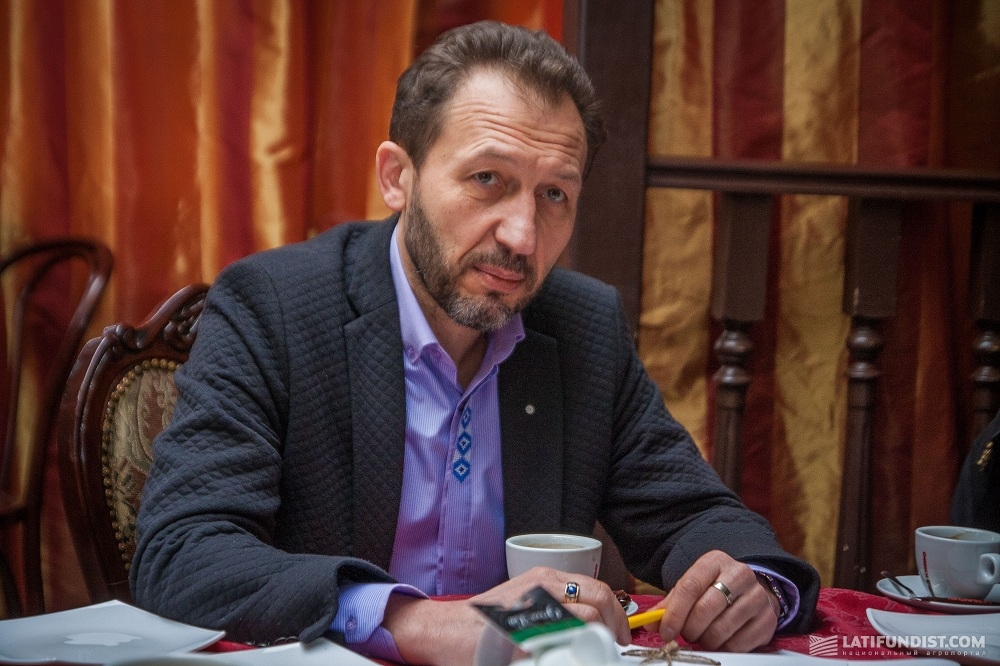
In particular, Vladimir Panchenko mentions that most of the leading EU countries used the policy of protecting their strategic sectors by means of applying countervailing duties to non-EU countries.
“Analyzing the number of measures taken by the protectionism in trade after 2008, it is worth noting that they mainly influenced on the agricultural and horticultural sector (233 protectionist measures), the chemical industry (225) and the transport equipment (193),” Vladimir Panchenko adds.
The agricultural holding Myronivsky Hliboproduct (MHP), which tried to acquire ownership of the French poultry company Doux this year, felt the full impact of the “euro-protectionism”. Despite the rather attractive commercial offer, the application of Ukrainians was rejected in favour of the consortium represented by the French major producer LDC, the current shareholder of Doux — Terrena, and the company from Saudi Arabia — Al-Munajem. This association was formed just with the aim of "interrupting" the proposal of the agricultural holding Myronivsky Hliboproduct. It is worth noting that the trade unions, the local and central authorities actively supported the “domestic” producers.
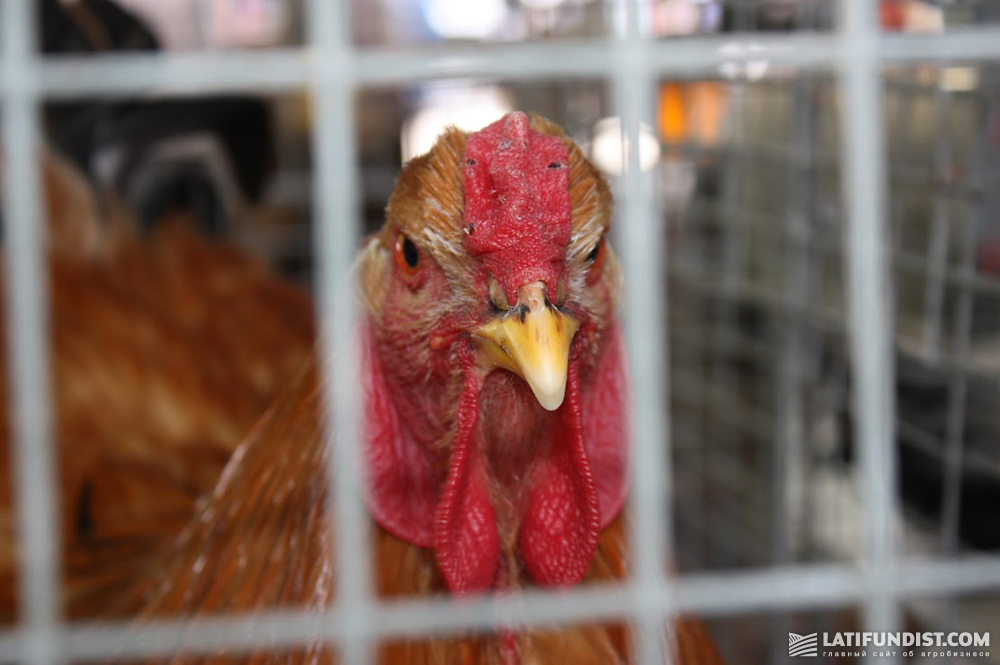
Read to the point: Kosyuk’s ambitious choice: Why is Myronivsky Hliboproduct interested in French Doux Group?
GMO in dispute
The classic of the selective approach in the protection of "number one" is the US economic policy in relation to transgenic products and upholding of GMOs on foreign markets. The EU is one of the main GMO opponents.
Three years ago, Washington accused Brussels of trying to undermine food security in the world. The White House spoke out against the rules being developed in the EU about genetically modified organisms. They allowed each of the 28 participating countries to decide for themselves whether to grow GMOs or ban the products.
A lot of experts point out at a purely commercial implication of this dispute. After all, the United States is the world's largest exporter of seeds of “modern” crops and technologies for growing GMOs, as well as one of the largest exporters of genetically modified products. And in this sense, Europe is like green pastures where everyone can make a profit.
In the era of free trade, the prohibition can be nothing but mauvais ton. Therefore, Brussels decided to shift the responsibility to the governments of each EU country. The interest of almost all European countries is understandable — their natural products are more than enough.
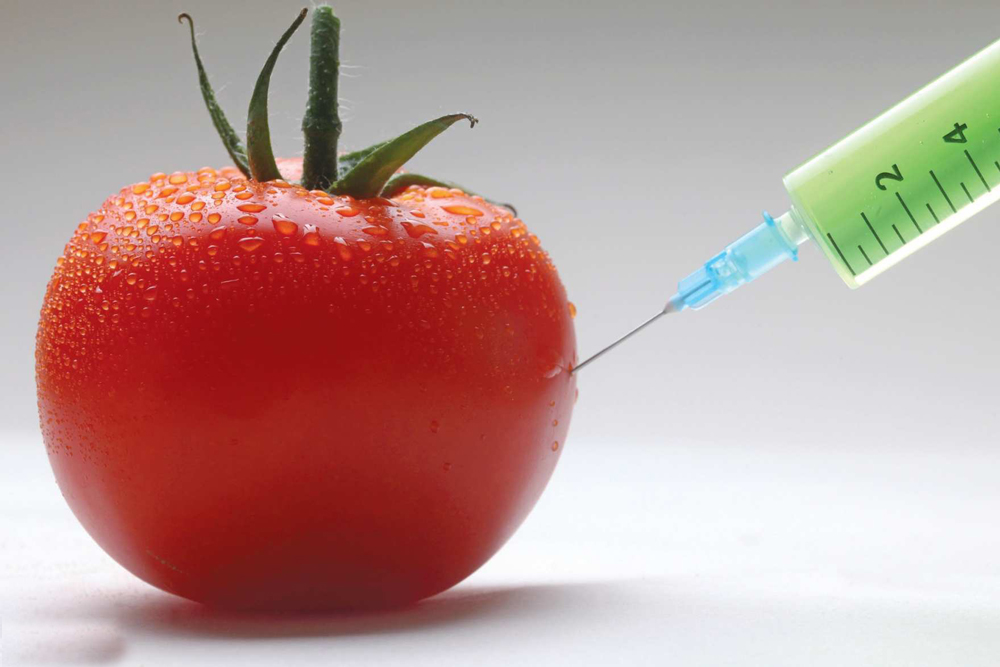
Three years later, Europe did not reach a common ground in regard to GMOs. Periodically media inform about a possible ban of GMOs, at the same time, last year the European Commission gave a permission to use five GM crops as the ingredients for the production of food and feed. In particular, we are talking about some cultivars of cotton plants and corn. Globally, the overwhelming number of GMO permissive conditions in Europe concerns the import of primary produce, but not the cultivation.
In this sense, it should not go unmentioned the two-year epic around the merger of Bayer, the agrochemical giant, and Monsanto, the American GMO producer. Until quite recently, both were fiercest competitors.
What can be the GMO policy of the European Union and the United States if we take into account the merger of these companies?
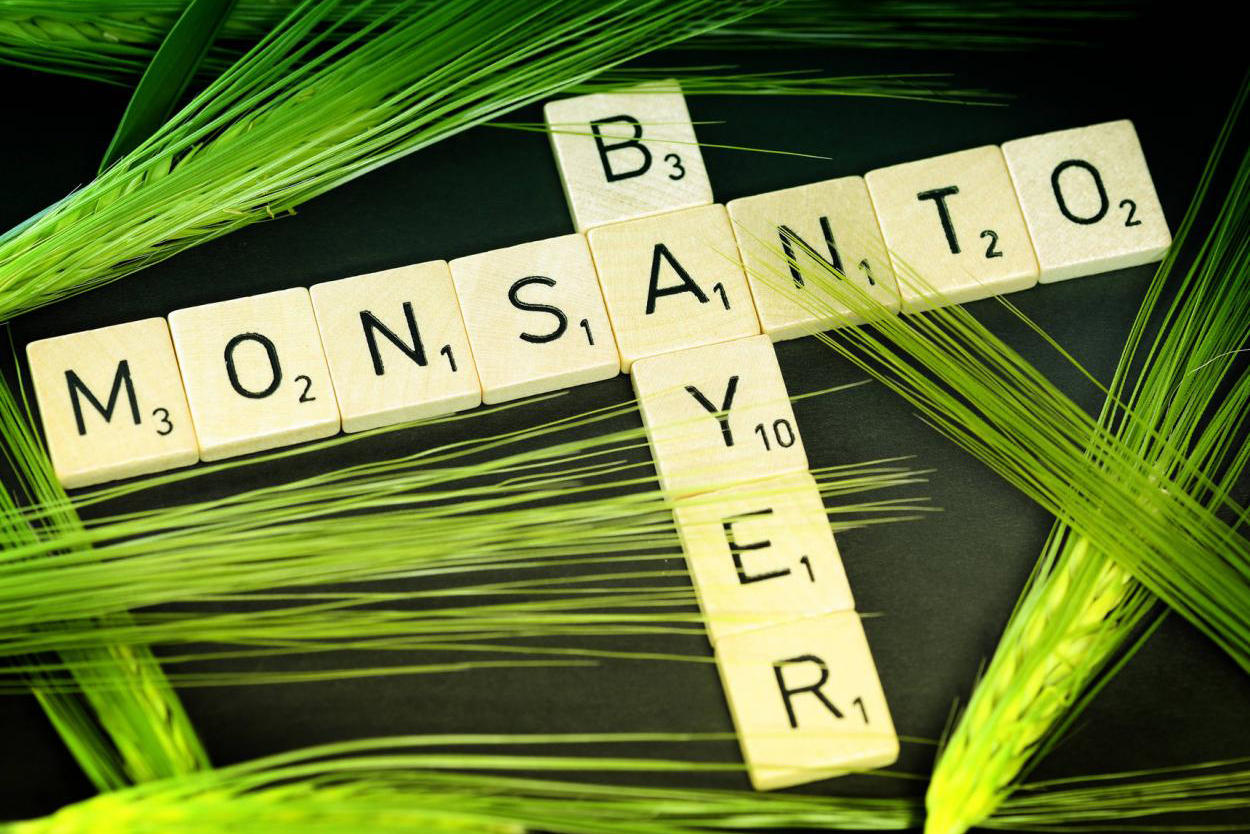
Too much sugar can be bitter
GMO is questionable in the sugar industry. The confrontation, based on the profit and, to a certain extent, ideologies, is related to sugarcane and sugar beet. It is commonly known that the first, having a significantly larger yield per hectare of crops and lower costs, will always be cheaper than sugar beet. And even the growth of yield and the technology of cultivation of the latter are unlikely to drastically change the situation.
At the same time, Rob van Tetering, the Chief Officer of SESVanderHave, is sure that sugar beet has still a place in the sun.
“There are no particular risks. The state of things is such that some countries use the sugar substitute products instead of sugar, let's call them sugary substances. If we speak about the United States, it is glucose, which is made from corn, and is really popular there; if we speak about Europe, the popular substitute product is sucrose (it is made from both beets and some types of corn). But taking into account the fact that last year the European producers abolished the quota for the cultivation of sugar beet, we can predict the growth of sugar production. Europe can become an exporter of beet sugar,” he said.
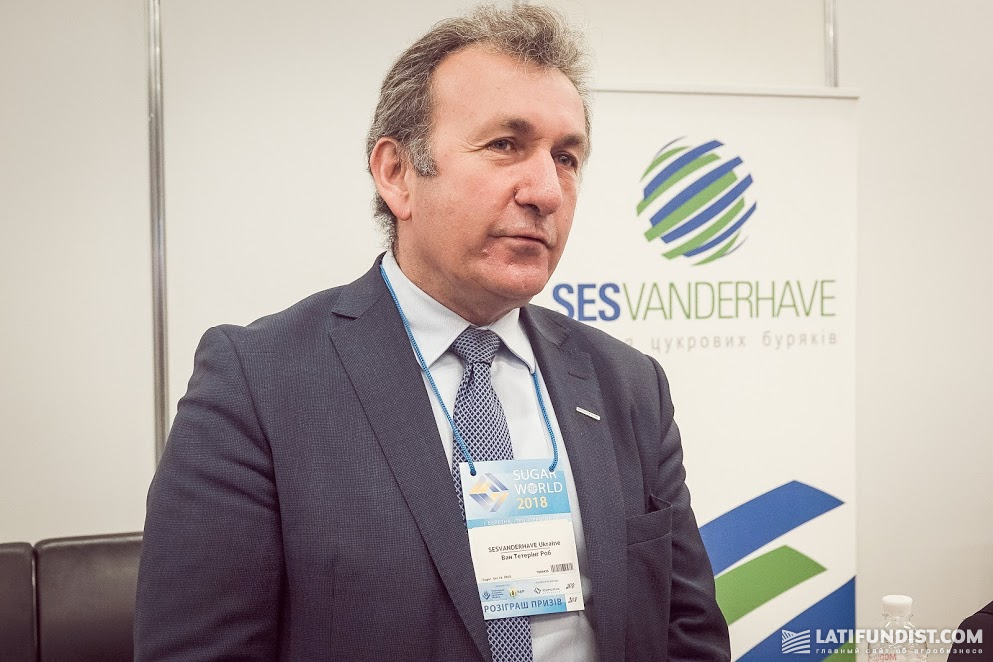
The optimism is mainly based on the fact that a number of European countries, the Russian Federation and the United States introduced some protective systems to preserve the sugar beet production and sustain competition with cheaper cane sugar raw. Hundreds of millions of subsidies for the sugar beet production were sent to the EU annually. But at a certain point the protective systems overstepped the reasonable limits, and in 2005 the EU decided to reform the sugar subsidies.
The reform included a significant reduction in the minimum procurement prices for sugar — from 632 to 404 euros per ton, a reduction in the production quota to 14 million tons and a reduction in export subsidies. Sugar beet production was reduced in five EU countries. 89 sugar plants were closed from 2005 to 2009.
Duties…
The agricultural protectionism has always played an essential role in the history of Ukraine. Let’s examine a classic case: in 1999 the introduction of 23% export duty on sunflower seeds helped to stimulate domestic processing and, as a result, Ukraine became the leader among the exporters of sunflower oil in the world. It is noteworthy that over the following years and negotiations with the WTO the duty was gradually reduced to 10%.
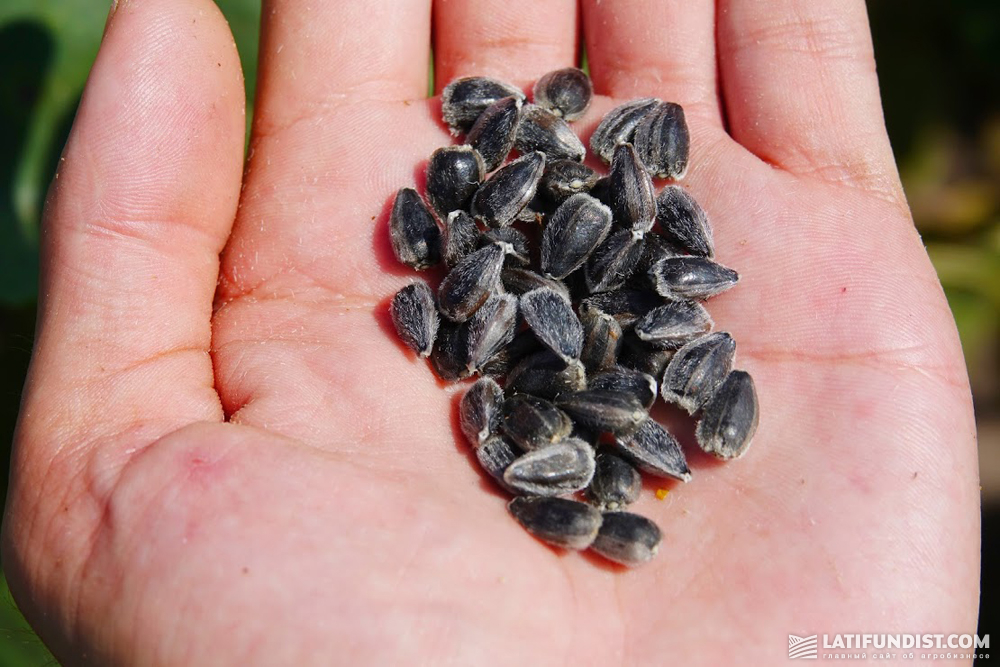
If we continue discussing the oil issue, it is worth noting that, under the auspices of protectionism and the support of the domestic producer, one can disclose a kind of lobbyism. The amending clauses, which are related to soy and rapeseed, in particular, can be qualified as special interests, where the processing plants are always on velvet, but farmers and exporters, to say the least, are not.
Another element of protectionism in Ukraine is the import substitution industrialization. In this case, one of the solutions to stimulate domestic production can be the additional compensation program that is available only for buying domestic agricultural machinery.
Alexey Volchkov, the Deputy Chairman of the Board, the Member of the Board of FUIB, notes that he supports protectionism, but also advocates healthy competition.
“I am for the replacement of western products. I do not understand why we still eat Italian or Spanish meat. What makes Ukrainian pork worse than the Spanish one? Why do we prefer Polish cheeses to Ukrainian ones? There are a lot of cheese factories in Ukraine that can produce cheeses no worse than abroad. Therefore, I support protectionism, but I also advocate healthy competition. Let there be both products, but the right way leads to the Ukrainian choice, and this choice must be made by consumers. I like it when the dealer network starts promoting farm products. I buy Ukrainian products with pleasure if they are of high quality,” the banker points out.

In general, the state of things is quite predictable. It can be hard to be aware of, but we are the only who take care of ourselves. At the same time, excessive overture with the “national interest” can make us fall behind the world economy. The trade balance — and here the emphasis is on the word “balance” — is our everything.
Konstantin Tkachenko, Latifundist.com


